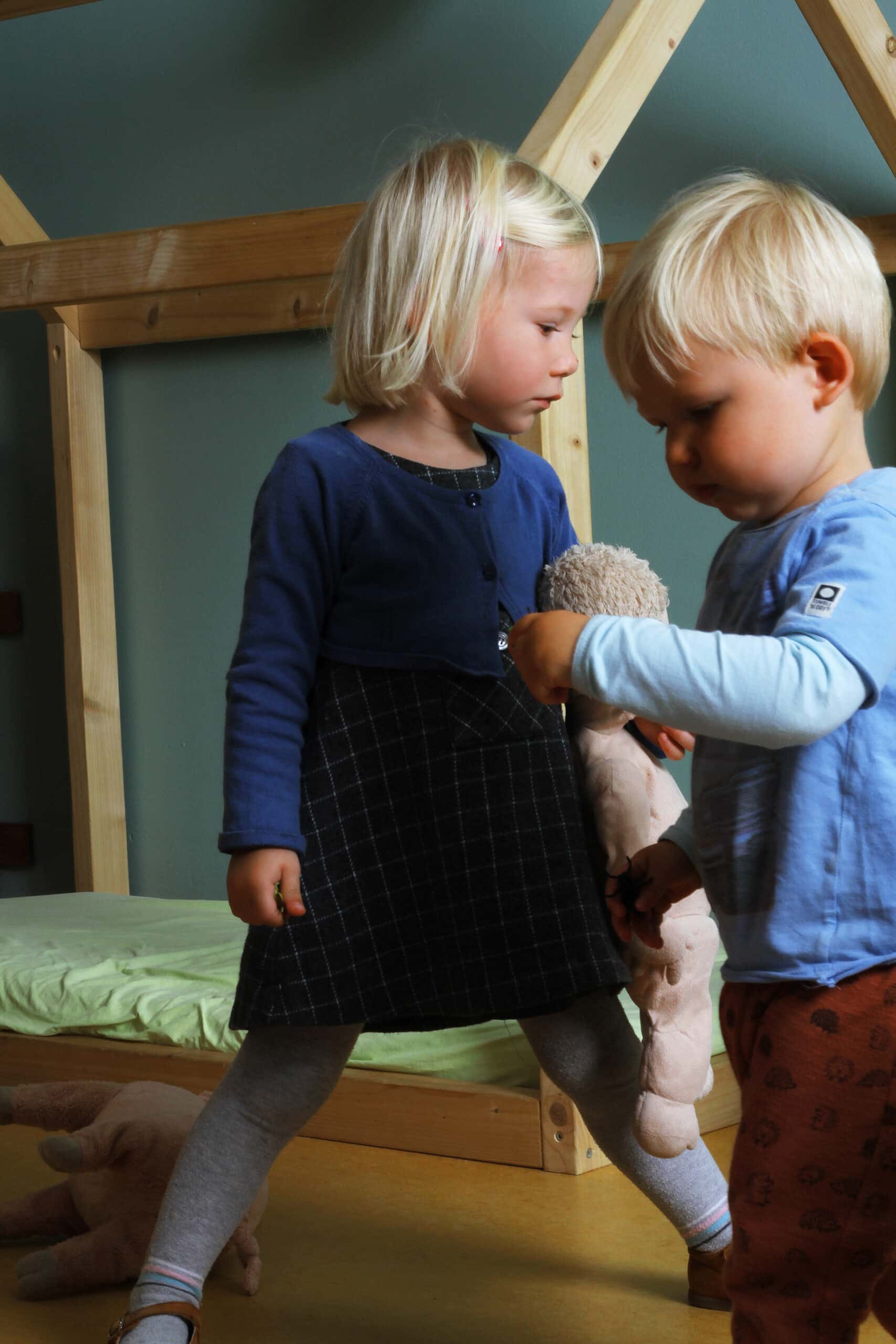Developmental stimulation
Pedagogical goals
In the Childcare Act, four basic pedagogical goals have been established, described by Riksen Walraven (2004). These goals include the most important conditions to support a child’s development within child care. These four basic goals form the starting point of the Kids and Carrots policy and guard the quality within this childcare facility. Below is a description of how Kids and Carrots implements the following basic educational goals:
- Offering emotional safety
- Offering opportunities to develop personal competences
- Offering opportunities to develop social competences
- Transfer of standards and values
Other areas of development
In addition to the basic educational goals, the various developmental areas of each child are stimulated in a playful manner. Attention is paid to the following developmental areas:
- Game development; through free play and activities, the offer of various materials and challenging group and outdoor areas, children are challenged to play.
- Language development; through communication, reading books, singing songs and an English programme for toddlers, language development is stimulated optimally.
- Cognitive development; through learning games, incidental and intentional learning and the use of everyday situations as learning moments, the pedagogical staff works on the cognitive development of the children.
- Motor development; at Kids and Carrots, children are always on the move through outdoor play, dance, yoga and gymnastics lessons. Both gross and fine motor development have our attention!
Want to know more about how we work on the basic educational goals and different developmental areas? Then ask for our complete pedagogical policy!
Emotional safety
Emotional safety is a prerequisite for the young child. When a child feels safe and secure, it is able to be itself and express its emotions.
We offer the children a warm, loving and homely environment. We work with fixed, small groups, so that there is plenty of space, time and attention for the individual child. By responding to the needs of the child, the child feels seen and valued. We take time for each child; when a child cries, we immediately comfort the child. We make contact with the child by talking to them and do this at a child’s level. Whether we correct or reward a child, this is both done in a positive and calm manner, by naming the behaviour, explaining what the consequences of the behaviour could be and finally emphasizing what the desired behaviour is. We sing songs with the children and use the ‘I’ form to name what they do: ‘I see you playing with the red car’, ‘I see you have a big smile on your face’. This gives the children the feeling that they are allowed to be there and increases their self-esteem. The pedagogical staff members have an observant attitude and pick up on signals given off by the children and follow the children in their needs.
Development of personal competence
Every child is unique and valuable. We accept children as they are and we have faith in the child’s own power to develop. From birth, children have an inner motivation to develop. Children learn within their own abilities, at their own pace and in their own way. The child’s own and unique pace of development is the measure of our guidance of the children. By doing so, Kids and Carrots contributes to the development of independence, self-confidence, resilience and flexibility of the children. We give the children space to show their emotions, we name them and respond to them.

Development of social competence
One of the principles of Kids and Carrots is that the children feel at home and at ease. Because of this, the dynamics within the group are very important. We work with a horizontal group, so the children understand each other better, develop together and because of this their play gets more quality. The presence of familiar peers is therefore very important for the development of personal competences. A pleasant playing climate is created, in which the children can be with each other, but can also discover and play on their own.
The pedagogical staff offer the children various activities that stimulate their imagination and encourage them to play together. During the various lessons taught by professional teachers, different areas of development, including social development, are also stimulated.
We encourage the children to solve conflicts themselves and to experience the consequences of their own behaviour. In this way, children learn to understand themselves and others better. They learn to deal with the boundaries of another, but also to guard their own boundaries. The differences between children are important building blocks in social development. Children develop in and through communication, by exchanging ideas, thoughts and feelings. By creating a safe and familiar environment, children dare to be themselves and develop their social competence.
Transmission of values and norms
To be able to function in society, a person has to adopt the norms and values, the ‘culture’ of that society. The first society in which a child learns norms and values is the family. The day-care centre offers a society that is larger than the family. Here, the child comes into contact with many peers, which provides many learning situations to practice norms and values. The children develop their awareness of norms and values by imitating others and by the reactions they receive from others. The attitude of the pedagogical staff is extremely important here. They set a good example, often unconsciously, but sometimes very consciously, explaining the norms and values to the child. Respect, trust and involvement are the values that underpin all our actions. These include norms such as ‘we listen to each other’, ‘we take each other into account’ and ‘we solve problems together’. But also ‘you are OK the way you are’ and ‘I am OK the way I am’.

